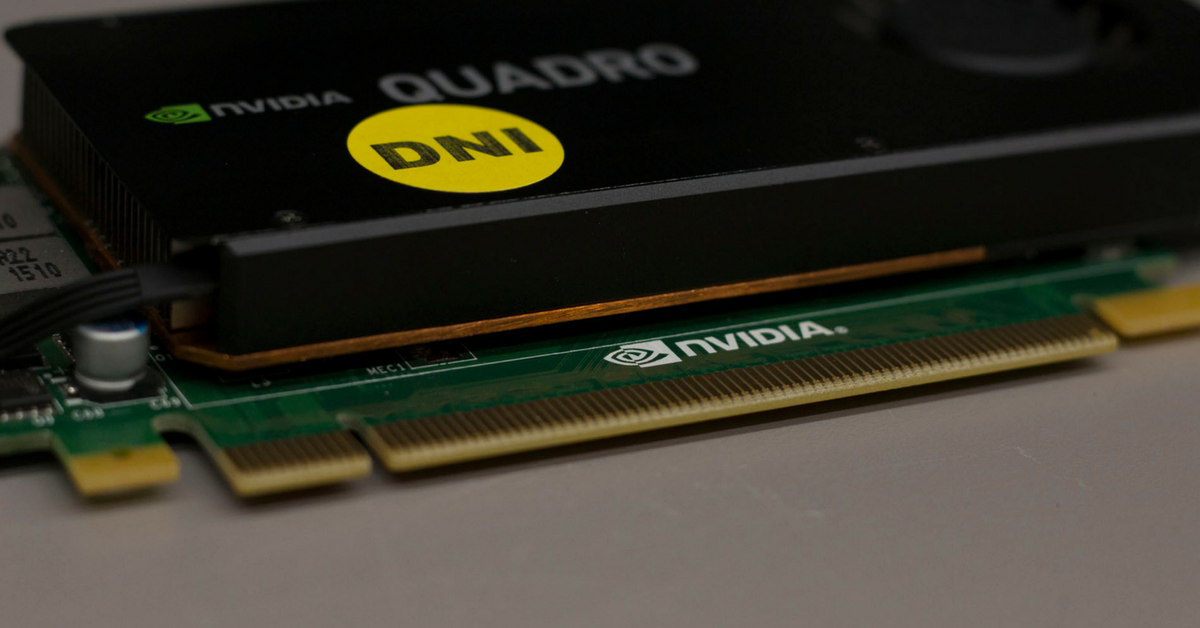Modern cryptocurrency has come a long way since it was first theorized around the turn of the century. Since then, digital currencies like Bitcoin, Ethereum, and Litecoin have seen massive value fluctuations, scandals, and hacks. What may be more surprising about these events is that virtual money always seems to bounce back eventually.
Bitcoin: A Case Study in Cyclic Value
As Fortune points out, Bitcoin has gone through a number of major crashes since its 2009 open-source release. There were a few noteworthy low points:
- The price dropped from $233 to $67 in under 24 hours in April 2013, which may have been related to an outage at one of the major exchanges.
- In 2013, Bitcoin experienced a sudden, publicity-driven surge thanks to a glut of novice investors. Like all bubbles, it eventually popped.
- The Mt. Gox exchange was hacked and emptied of 850,000 BTC in 2014. The price plunged from $867 to around half of that value and harmed the currency’s strength for years.
- People’s worries about the slowness and update mechanisms behind the Bitcoin code resulted in a huge disagreement about whether to create a new version of the software, or fork. The kerfuffle caused a selloff that dropped the price from around $3,000 to under $1,900 in July 2017.
- Chinese regulators forbade initial coin offerings, which are akin to crowdfunded token sales, pending the development of new regulation. This caused a 37 percent drop in mid-September 2017.
Key Takeaways
Looking at these market cycles in sequence, we can see that even in the face of adversity, Bitcoin has still exhibited a generally upward price trend. This may be partially driven by the growth of consumer confidence.
In the early days, Bitcoin was relegated primarily to people who wanted to sidestep their governments’ rules about what constituted illegal transactions. These dark-market connotations stymied the cryptocurrency’s attempts to go mainstream for years. When regulators began accepting it as a valid form of tender, however, more people became willing to invest.
Now, Bitcoin is a favorite buzzword not only among personal freedom advocates and sovereign citizens but also financial analysts and IT junkies. Even the Hivelocity staff rarely goes a day without having a vigorous discussion of the implications that cryptocurrencies, proof-of-work algorithms, smart contracts, and other related topics, might have on the future of data science.

Cryptocurrency’s Future
Is Bitcoin a limitless source of wealth? The software’s eventual 21 million BTC cap argues otherwise. As the proof-of-work record keeping involved in mining grows increasingly difficult, however, miners who mix out-of-the-box AI techniques with proven hardware platforms may be the most likely to profit.
How will you keep up with Bitcoin’s growth? Hivelocity’s GPU dedicated servers are ideal for cryptocurrency mining and the deep learning tasks of tomorrow. We also accept Bitcoin payments, and we’re incredibly excited to see where the future leads, so why not show us what’s in store? Talk to one of our GPU server specialists today.

Additional Links:
Looking for more information on Hivelocity? Search our blog or look over our about page!
In need of more great content? Interested in cPanel, Private Cloud, or Edge Computing? Check out our recent posts for more news, guides, and industry insights!


